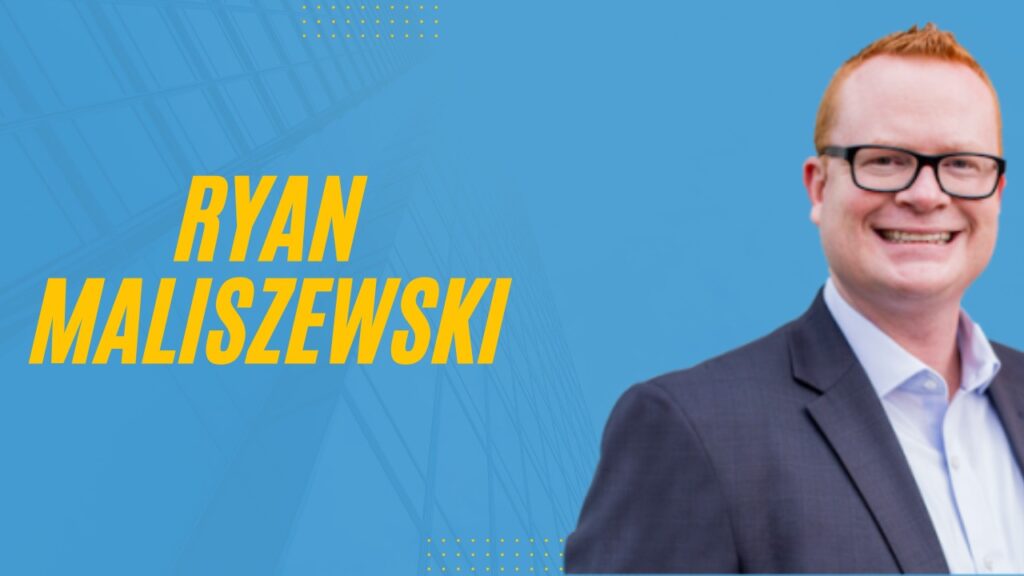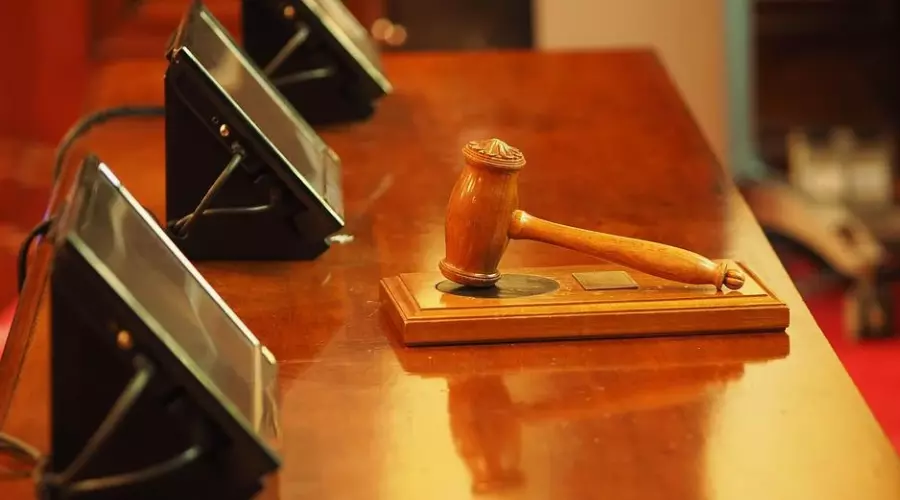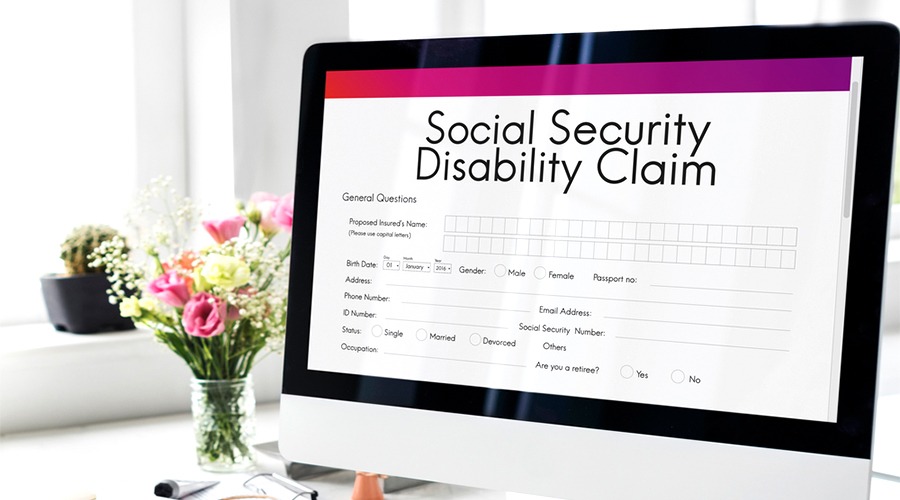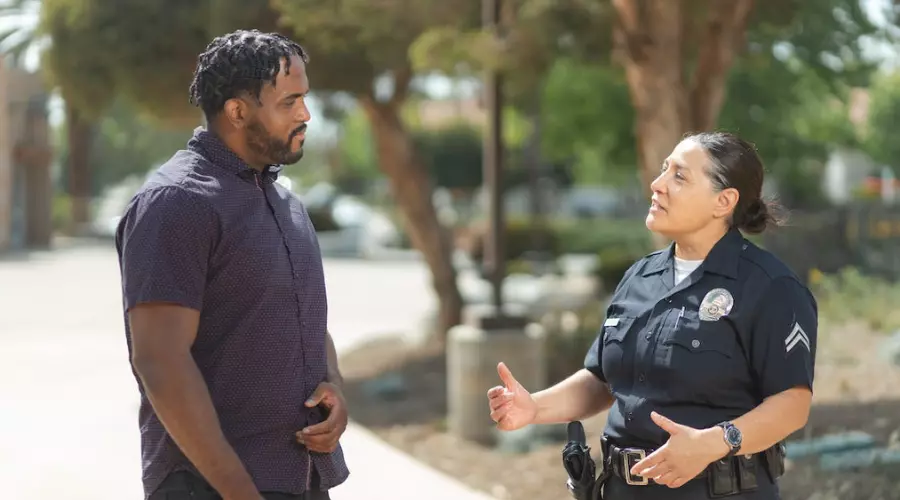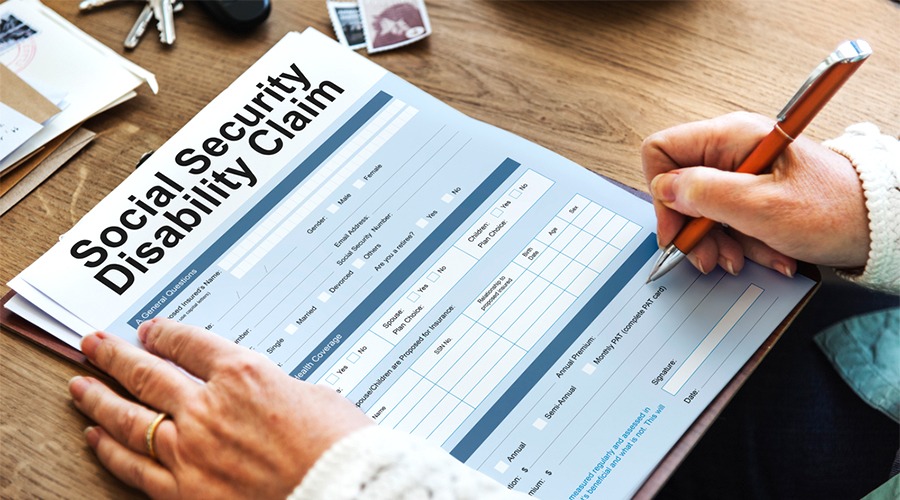Capitol Hill, the FBI, and Gallaudet University are just a few of the places Ryan Maliszewski has worked in his career. Born deaf, Maliszewski attributes his success to his appetite for knowledge, the support of his parents, and his ability to be resourceful and involved in the workplace.
Liner Legal: Were you born deaf?
Maliszewski: Yes, I was born Deaf due to recessive genes. Apparently, about 12 babies per 10,000 have a recessive cause of their hearing loss.
Liner Legal: What was your childhood like? When people asked you what you wanted to be when you were older, what was your response?
Maliszewski: I was most fortunate to have supportive parents who wanted nothing but the best for me and my sister (also Deaf). My sister was found to be Deaf later on when she was two years old, which brought my parents on alert and I had a leg up in the process of receiving the best education as well as speech therapy early on as a result of that experience.
I was also lucky to have a good band of friends and teammates in sports who really accepted me for who I was. It also helped that I had a small group of Deaf friends who I could relate to on many levels growing up.
Early on, I always wanted to be a pilot (I would frequent the local air and space museum on a weekly basis between the ages of 10 and 12) and I was devastated to learn that Deaf people could not carry a commercial pilot license nor enlist in the Air Force, then I decided that being an architect would be a fun gig until my high school internship with an architecture firm backfired due to my poor penmanship and impatience with the AutoCAD system. After realizing, I wasn’t going to be great at pro baseball (I played ball since I was 6), I settled for a Business Administration degree at the University of Arizona, which I still think, to this day, was the best move given my versatile career journey later in life.
Liner Legal: I was looking at your LinkedIn and was totally blown away by the number of things you’ve accomplished in such a short time! Have you always had the mindset to “grind” and to constantly progress?
Maliszewski: First of all, thank you for the kind words and for saying that I’ve accomplished so much in a “short time” as fifteen years equate to dog years for me as time is really flying by these days!
In any case, I have to attribute my success largely to my parents who have been hard workers throughout their lives and they both are from the education field, so expectations of me doing my absolute best, both on and off the “field”, have always been skyrocket high. I have firsthand seen the challenges that my Deaf friends and their families go through in life and I always told myself that I would ensure that I would always have a growth mindset to keep improving in whatever I put my mind to. It is important to me to stay curious as well as maintain an appetite for knowledge. On top of being resourceful to people especially employers, networking has proved to be a valuable asset in my career. I often tell my students to create mentors instead of finding them as you will not find people walking around in t-shirts that say, “Ask Me, I am a Mentor.”
Additionally, it is important to constantly have conversations, participate in local meet-ups, and read books that ping your interest. For instance, my mindset, as well as grit, further amplified after reading Dale Carnegie’s How to Win Friends and Influence People. Employers love to see candidates possess such entrepreneurial leadership and those who demonstrate curiosity as well as creativity.
Liner Legal: I’ve read about all the different positions you’ve held, from starting your own tax preparation and debt management business to working on Capitol Hill, for the FBI, and now directing the Innovation & Entrepreneurship Institute at Gallaudet. Walk me through the initial decision to apply for a position working on Capitol Hill. Were you nervous about them accepting you as a member of the deaf community?
Maliszewski: I truly had to differentiate myself from the rest of the competition when I applied for various positions within the U.S. Senate… by faxing my resumes because everyone else was sending them via email. I think my Senator’s office was impressed with my outside-the-box thinking. They asked that I come in for an interview the very next day, I was reluctant to let them know I needed interpreting services as I was afraid they’d move on to other candidates. I did warn them I was “hearing impaired” even though I “read lips and speak fairly well” but wanted to come in regardless. In any case, I knew I was going to be working with the staff on a daily basis without an interpreter, so just might as well. I think they were impressed with me being bold enough to make that move and rely on lip-reading as well as
At the time, working on the Hill was a “golden ticket” which opened so many doors for me early on in my career- especially to network with members of Congress, lobbyists, corporate/organization representatives, and various lawmakers. After the first few meetings, my office was used to having an interpreter around for staff meetings, functions, presentations, training, etc. Some of the members were eager to learn sign language which made all the difference in the world for me, not only because it improved the way we communicated, but because it was a sign of them accepting me for who I was as a person and asset to their office.
Liner Legal: What’s the most rewarding part of your job now? Where do you see yourself going in the future?
Maliszewski: The reason why I left the FBI, along with a hefty pay cut and forgoing my coveted security clearance, was to make an impact in tomorrow’s leaders, our students at Gallaudet University. Being an owner of several businesses myself, I always kept my eye on Gallaudet, the world’s only liberal arts university for the Deaf, wondering to myself why they didn’t have an entrepreneurship program. The unemployment rate for Deaf/HH people is at a staggering 70% and I know that nowadays within a gig economy, self-employment is far more feasible than ever thanks to technology and readily accessible resources. I wanted to be there to lead the charge by both, creating and introducing, such pathways to our students at Gallaudet.
Liner Legal: As you know, many of our clients are deaf and come to us for representation after they’ve experienced some form of discrimination. Do you have any encouraging words or advice for them?
Maliszewski: Know that you’re not alone. There are many wonderful and innovative firms like Liner Legal that handle disability cases with the highest level of respect, professionalism, and empathy. I am personally impressed with Liner Legal given its experienced attorneys who understand what it is like to experience discrimination as well as other forms of injustice. Unfortunately, there isn’t enough representation like Liner Legal all around the world. I would encourage those who may not have the same level of access elsewhere to seek out firms like Liner Legal as they most certainly would be happy to help with referrals and even “connect the dots” for them. We are also most fortunate to live in a period where we have easy access to the internet as well as organizations like the National Association for the Deaf to help find resources. Even though the “awareness” is there, we are far from where we need to be in terms of social justice.
Liner Legal: Do you think opportunities are improving for the deaf community? What has been exciting to see as acceptance and awareness of this community has progressed over the past few years?
Maliszewski: Absolutely. With recent media attention highlighting challenges that Deaf people face as well as success stories as a result of opportunities (i.e., Deaf people are often early adopters of early or emerging communications technology), it has amplified the awareness of the progression we have been making these days. Here is a publication that you might find interesting: Deaf and Unemployed: Taking Matters Into Their Own Hands.
At Gallaudet University, I see that Deaf students are gravitating towards technology and digital media, which are terrific pathways to self-employment through freelancing or contracting services. Even for the “signing community” (hearing people who know sign language), I see tremendous growth potential in the field of interpreting, audiology, speech pathology, mental health, and even legal services.
To learn more about Ryan, follow his Twitter or LinkedIn.
[/et_pb_text][/et_pb_column][/et_pb_row][/et_pb_section]

